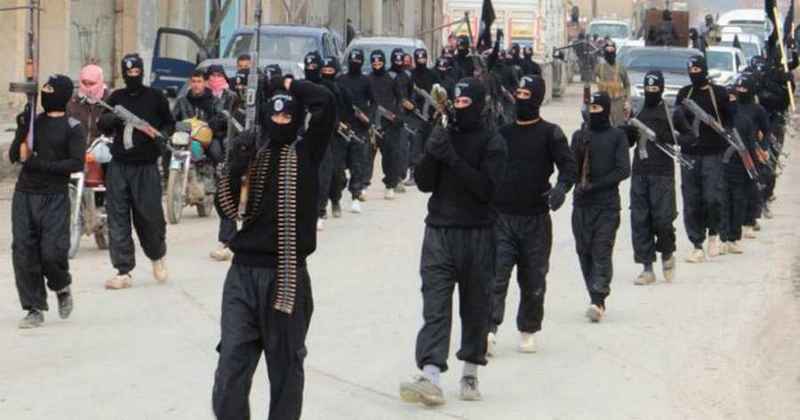27 Oct Experts Say Southeast Asia to be the Next ISIS Combat Zone
As the Islamic State in Iraq and Syria (ISIS) loses holding in the Middle East, Southeast Asia possibly to become the militant group’s next combat zone. This is what experts say fearing that ISIS, which has been eyeing on the region, will command its fighters coming from Malaysia, Indonesia and Philippines to have the fighting back home.
The Institute for Policy Analysis of Conflict (IPAC) has flagged the Philippines by a report emphasizing on the rising threat of “pro-ISIS” groups in the island of Mindanao. And according to the think-tank which is headed by Jakarta-based security analyst Sidney Jones, the mentioned country is important for as far as the ISIS leadership is concerned, it is the caliphate’s extension in the region.
“Over the last two years, ISIS has provided a new basis for cooperation among extremists in the region,” said Jones. “That cooperation could take on a new importance as ISIS losses in the Middle East increase and the incentive to undertake violence elsewhere rises.”
She then added that as Southeast Asian fighters gets it difficult to go to Syria, Mindanao may be their next best option and that the only difference is that it will be easier for them to get home.
In previous reports, indicated were undetermined number of Indonesian ISIS loyalists who have journeyed to Mindanao to fight with groups such as the Abu Sayyaf. ISIS even named Abu Sayyaf leader Isnilon Hailon as emir of its Southeast Asia campaign.
With Southeast Asia’s long history of militancy and increasing number of extremist groups which adopt ISIS ideology, security analysts say that it makes the region attractive to the extremist network. This extremist network includes Jemaah Islamiah and Jemaah Anshar Khilafah terror networks, likewise, the Abu Sayyaf, the Maute Group, the Bangsamoro Islamic Freedom Fighters, and the Ansarul Khilafah Philippines.
“At a time when an accurate assessment of the security threat in Indonesia or Malaysia may depend in part on understanding developments in the Philippines, this gap needs to be filled,” IPAC report said. “It is especially urgent because in the short term, ISIS losses in the Middle East could increase the incentive to undertake acts of violence at home.”
Source: The Straits Times



No Comments